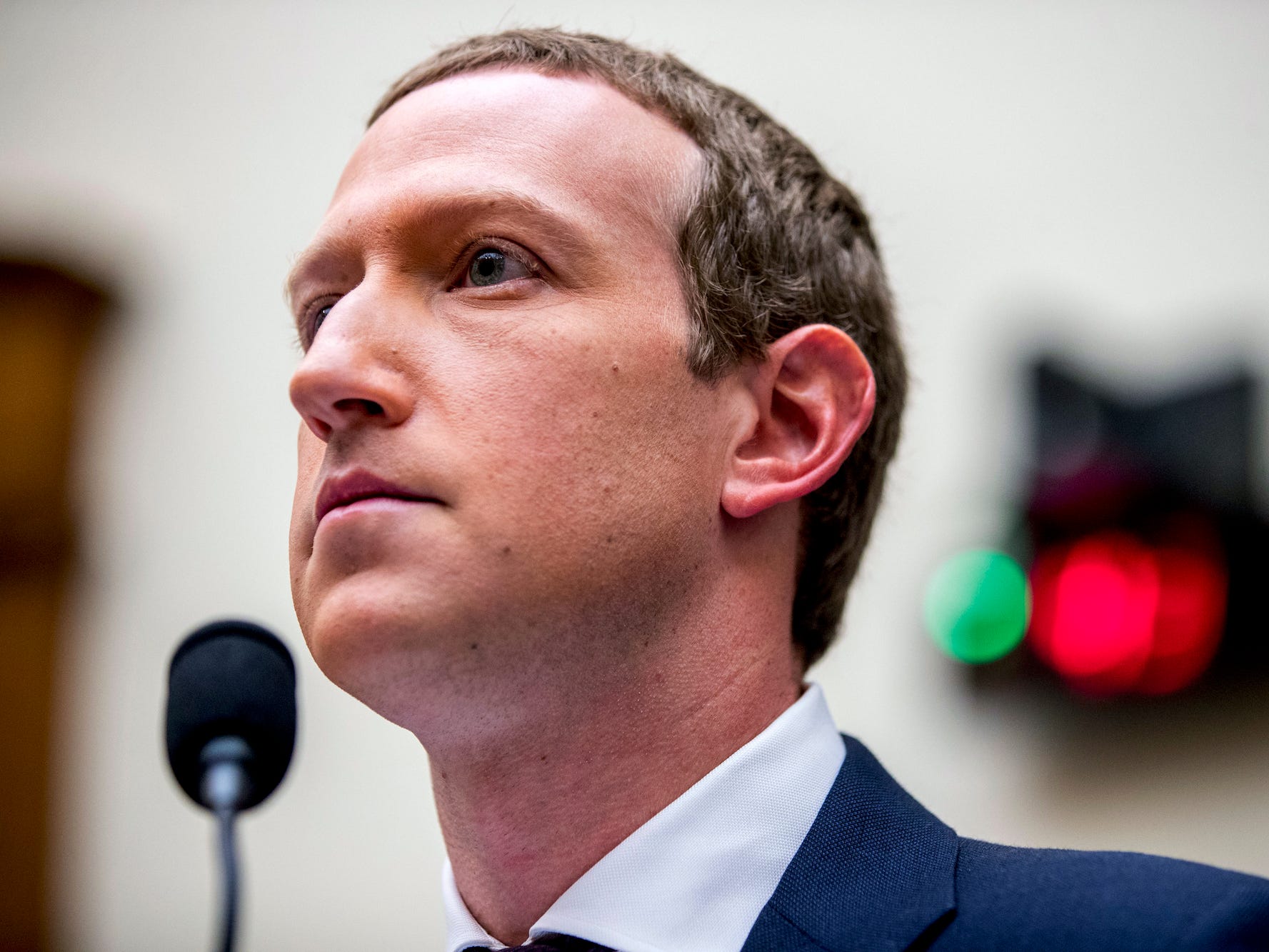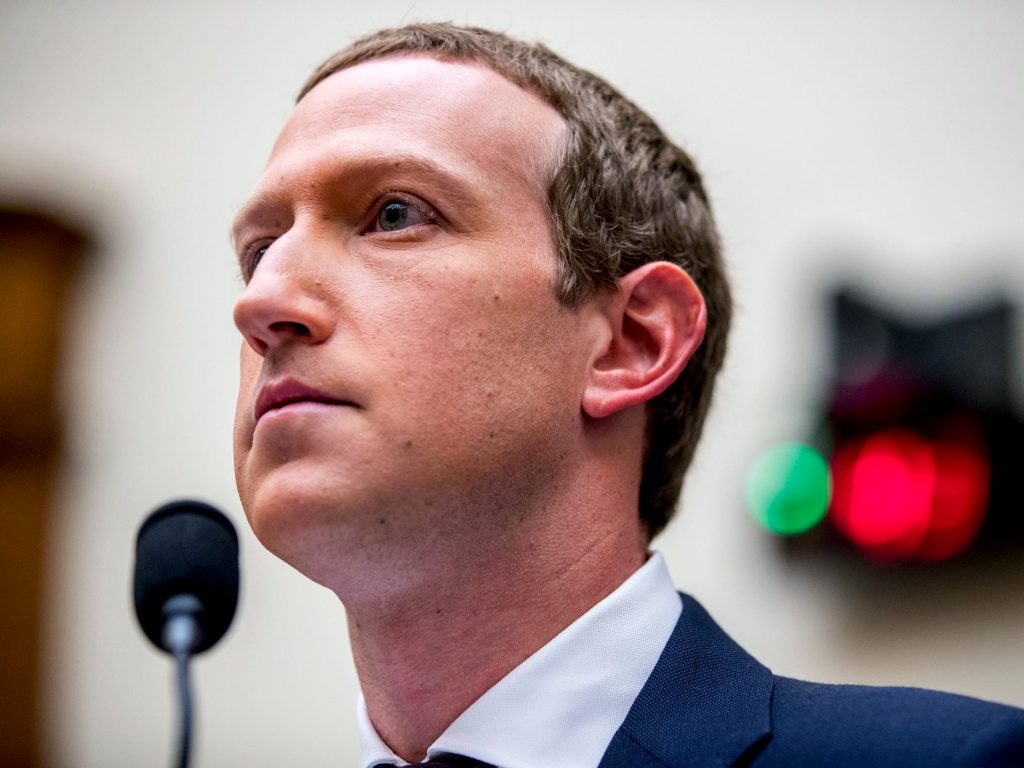
Andrew Harnik/AP
- Facebook will enforce its content rules on politicians previously given a newsworthiness pass.
- Former President Trump was largely granted immunity from Facebook's rules during his presidency.
- Facebook has historically said it would not fact-check or remove posts from world leaders.
- See more stories on Insider's business page.
Facebook confirmed Friday that politicians will no longer be exempt from its content rules, as The Verge earlier reported.
World leaders will now be subject to Facebook's content regulations that apply to all other users on its platforms, a notable move given the company's historically hands-off approach to politicians.
"When we assess content for newsworthiness, we will not treat content posted by politicians any differently from content posted by anyone else," Facebook's vice president of global affairs, Nick Clegg, wrote in a press release. "Instead, we will simply apply our newsworthiness balancing test in the same way to all content, measuring whether the public interest value of the content outweighs the potential risk of harm by leaving it up."
Facebook also said it was suspending former President Donald Trump's account for two years, starting from the original January 7 ban date. The announcement came after Facebook's Oversight Board ruled that the company must decide the duration of Trump's ban, though it upheld its decision to remove him after the Capitol riots.
The social media giant previously said it wouldn't fact-check or remove posts from political leaders like former President Donald Trump. As Facebook's vice president of global affairs, Nick Clegg, wrote in 2019, the platform would "treat speech from politicians as newsworthy content that should, as a general rule, be seen and heard."
Facebook also announced the change after its Oversight Board criticized the firm for giving Trump a "vague" penalty in the form of a ban. The outside group, often referred to as Facebook's "supreme court," was launched in late 2020 as an independent entity of non-Facebook individuals to review the company's content rulings.
It supported Facebook's decision to remove Trump due to a risk of incitement of violence following the January 6 US Capitol riots. But it said Facebook should review the case and release a set of rules that apply to every user on its platform, regardless of political standing.
Both Facebook and Twitter cracked down on Trump's social media accounts after the events on January 6 at the Capitol. The indefinite suspension and ban, respectively, were unprecedented action and were quickly politicized by some on the right who said tech platforms were censoring the former president.
The issue of alleged right-wing discrimination online has taken center stage in the past year as internet platforms faced pressure from both sides of the aisle in regard to how it moderates content.
Some Republicans allege that Twitter flagging Trump's tweets, such as posts in May questioning the legitimacy of mail-in voting for the 2020 presidential election, was a political move. Twitter said the tweets violated its civic integrity policies.
Some Democrats, on the other hand, have scrutinized social media platforms for not cracking down enough on content and allowing misinformation and hate speech to spread.

